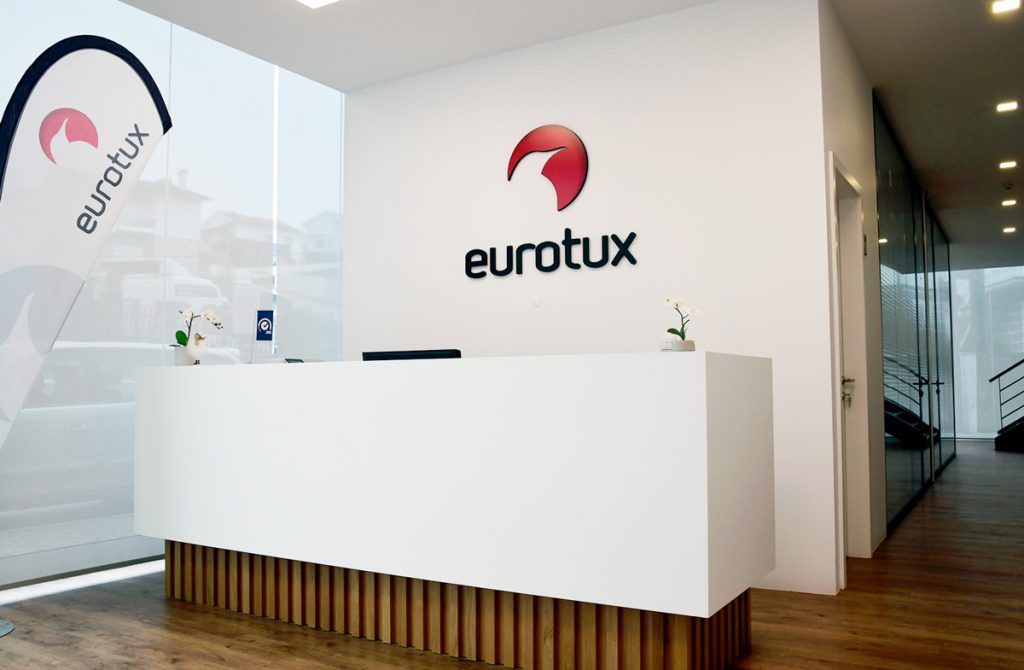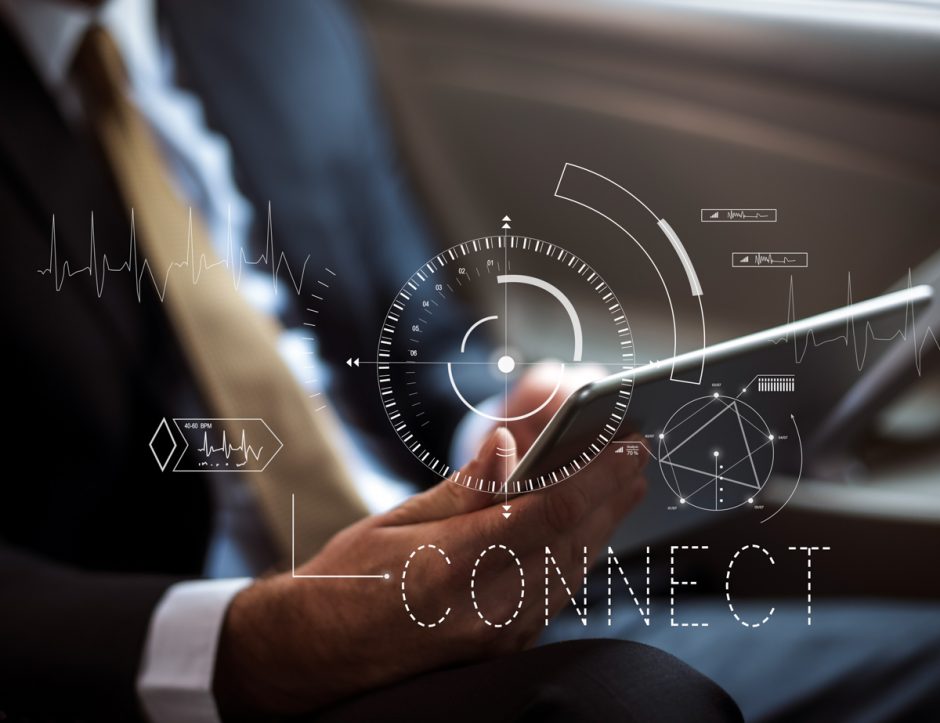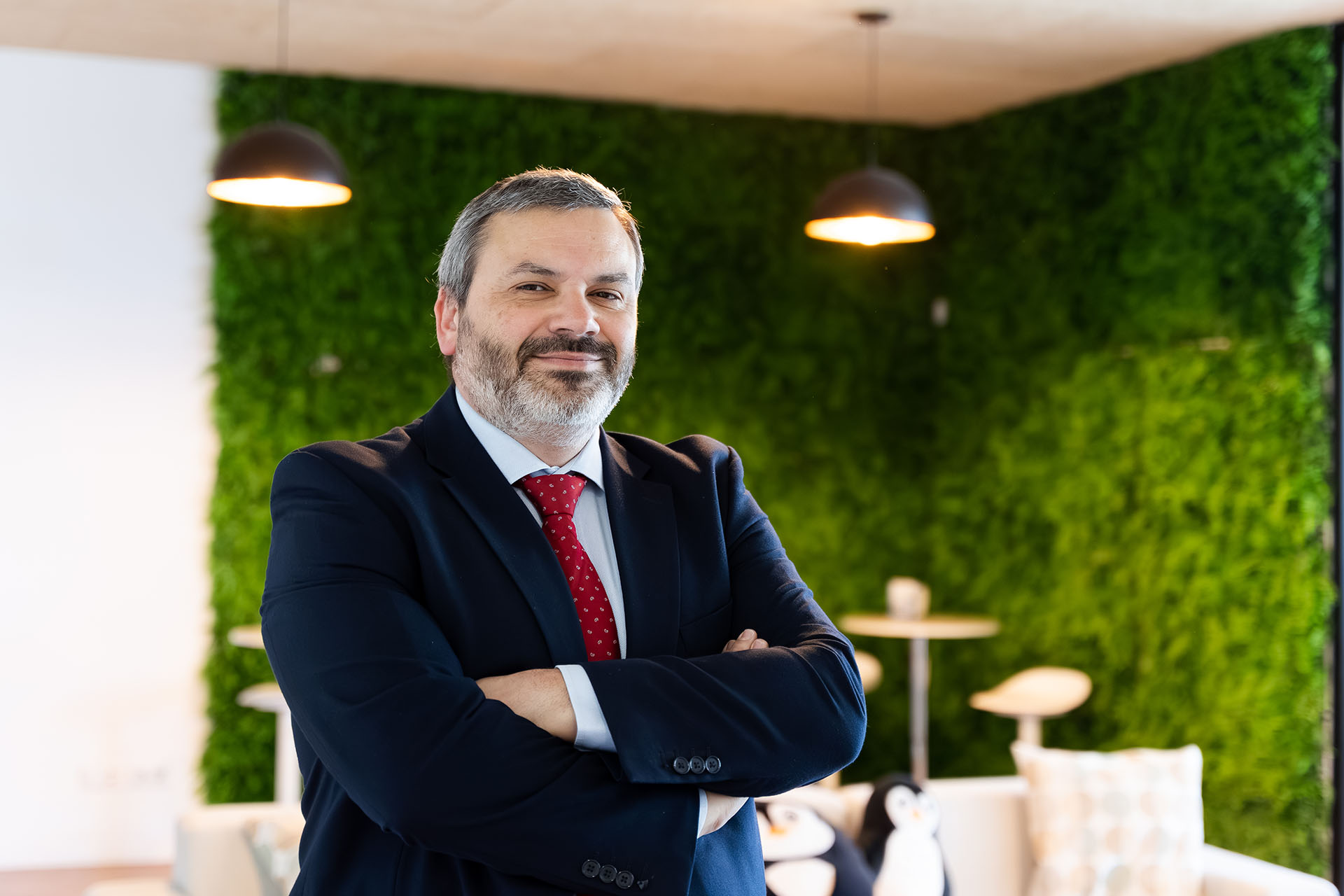Eurotux presents technological trends for 2024
Generative AI, Automation, Sustainable IT and Cyber-resilience are concepts to keep in mind for the year that is fast approaching
On the technological horizon of 2024, we see innovations and developments that will mould business, consumer and government practices at great speed. In line with this scenario, Eurotux highlights three emerging trends that not only represent the future of technology, but are also firmly integrated into its solutions offering.

Generative AI – Automation: Artificial Intelligence (AI) has been a central theme in discussions about technological innovation in recent years. Among the various branches of this vast area, Generative AI stands out as one of the most promising and with the most potential for impact on business and society. Its essence lies in the ability to create, or “generate”, content or solutions from existing data, be it text, images, sounds or any other form of digital information. Automation, on the other hand, refers to the ability to carry out tasks autonomously, without human intervention. When we combine Generative AI with automation, we enter a new era of digital transformation, in which systems can not only perform tasks independently, but also create adapted and optimised solutions for specific challenges.
Consultancy data shows the significant potential of this technology. The global Generative AI market was valued at 13.7 billion dollars in 2023, with growth expected to reach 165 billion by 2032, demonstrating the growth potential and widespread adoption of this technology. Eurotux recognises this emerging need and is actively developing solutions that integrate generative AI, facilitating informed decision-making and boosting efficiency. In its day-to-day operations, the company already employs this technology internally to optimise processes and improve performance.
Sustainable Technology: Sustainable Technology represents a fusion of technological innovation and sustainability, seeking to mitigate the adverse impacts of the human footprint on the environment while boosting progress and efficiency. One of the central pillars of this approach is the transition to renewable energies such as solar, wind and hydro, which, by reducing dependence on fossil fuels, reduce greenhouse gas emissions and promote energy resilience. In addition, energy efficiency seeks to optimise energy consumption in various sectors, from building management to industrial production, through technologies such as energy management systems, LED lighting and process optimisation with the help of Artificial Intelligence.
The circular economy, another crucial element of sustainability, aims to minimise waste and encourage the reuse and recycling of resources, with technology facilitating traceability, the reuse of materials and the creation of sharing platforms. In the construction sector, sustainability is promoted through the use of ecological materials, smart buildings and bioclimatic design, helping to reduce energy consumption and promote healthy environments. Green mobility, meanwhile, encompasses the development of electric vehicles, charging infrastructures and efficient public transport systems that contribute to reducing pollution. Sustainable Information and Communication Technologies (ICT), such as cloud computing, green data centres and sustainable device design, aim to reduce energy consumption and waste. In the social sphere, sustainable technology can drive innovation by addressing challenges through digital inclusion, education and digital public services.
The truth is that sustainability is no longer an option, it’s a requirement. As companies and consumers become more aware of environmental impacts, the transition to renewable energies and sustainable practices becomes crucial. Eurotux is fully committed to this movement, offering solutions that align with green practices and help its clients achieve their sustainability goals. By choosing Eurotux, clients are not only investing in cutting-edge technology, but also contributing to a greener future.
Cyber-resilience: While cyber security focuses mainly on preventing intrusions and protecting assets, cyber-resilience goes one step further. In today’s threat landscape, incidents are to some extent inevitable. PwC’s Global Digital Trust Insights survey revealed that the proportion of companies that have suffered data breaches valued at more than one million dollars has risen significantly, from 27 per cent to 36 per cent. Instead of just trying to prevent all attacks, cyber-resilient organisations are also preparing to deal with these breaches, minimise the damage and recover quickly.
In the current scenario, with the increased reliance on digital systems in almost every aspect of daily operations, a single attack can have devastating repercussions. Sensitive data can be stolen, operations can be interrupted and customer confidence can be severely damaged. It is necessary, if not required, to have the ability to adapt and recover quickly from an attack, maintain business continuity and protect the organisation’s reputation.
Eurotux understands that prevention is not enough to deal with all the rising cyber threats. Data and network protection must go further. With this goal in mind, Eurotux provides the SOC, which not only protects infrastructures, but also guarantees the ability to adapt and recover quickly from potential breaches.
Eurotux is committed to staying at the forefront of technological trends. With a diversified offer adapted to current needs, the company reaffirms its commitment to providing solutions that meet the emerging demand of 2024 and beyond.







